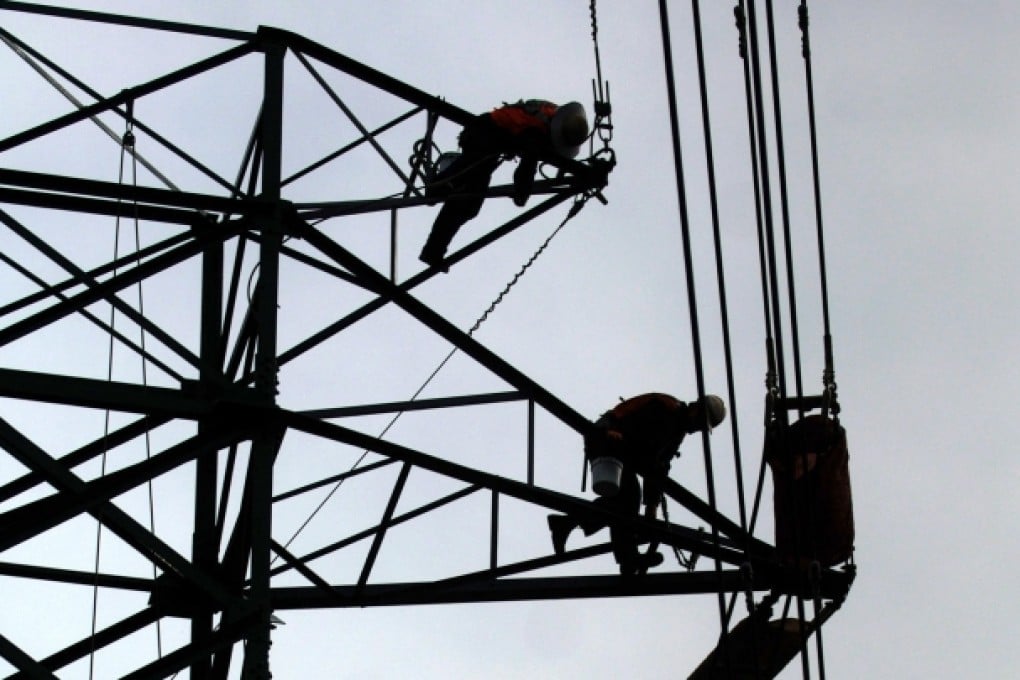China's State Grid readies for possible power deregulation
Power firm's purchases of stakes in overseas distribution assets prepare it for liberalisation of mainland market

State Grid Corp of China's acquisition of power distribution assets in Australia made headlines last month because of the deal's size, but the strategic value of the transaction to the mainland's monopoly power distributor is the chance it gives the firm to gain first-hand knowledge of how deregulated power markets function, analysts say.

But now, power demand and supply has returned to a balanced or surplus situation nationwide, amid the economic slowdown and sharply lower coal prices that have returned to profitability over the past year the mostly state-owned power producers. That means pricing reform can once again be put on the regulator's agenda.
State Grid, which owns and operates all high-voltage power transmission and lower-voltage distribution assets in all but five southern provinces and administration regions, said on May 17 that it had agreed to buy 60 per cent of SPI (Australia) Assets and a 19.9 per cent stake in Australia-listed SP AusNet from state-owned utility Singapore Power. It did not say how much it paid.
AusNet said it sold the 19.9 per cent stake for A$824 million, and according to financial markets data provider Dealogic, the two deals amounted to US$7.5 billion in total. State Grid's spokesman did not respond to questions about the purchases.
SPI distributes power in the State of Victoria and the Australian Capital Territory. AusNet runs Victoria's state-wide power transmission network. Victoria is among the most deregulated and privatised regional power markets in the world.